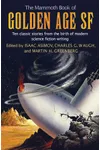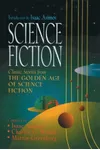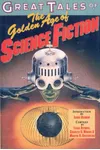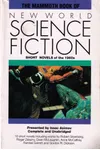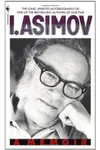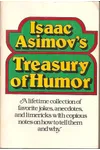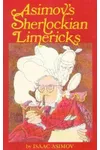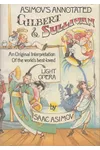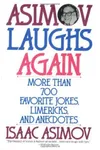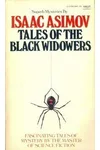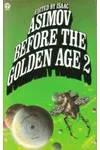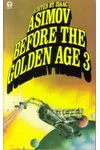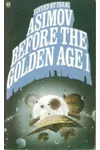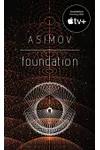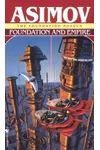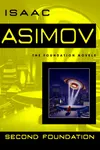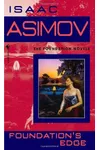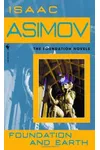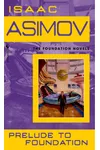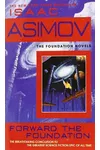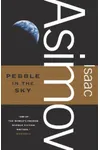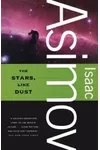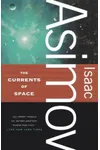Picture a Russian-born storyteller who spun galaxies and robots into existence—meet Isaac Asimov! A biochemistry professor by day and a science fiction titan by night, Asimov penned over 500 books, blending mind-bending ideas with accessible prose. His Foundation series and Three Laws of Robotics reshaped sci-fi and still spark imaginations today.
From his Brooklyn typewriter to global acclaim, Asimov’s knack for explaining complex ideas with a wink made him a literary legend. Ready to dive into his universe? Let’s explore the man behind the stories.
The Making of Isaac Asimov
Born on January 2, 1920, in Petrovichi, Russia, Isaac Asimov immigrated to Brooklyn, New York, at age three. Raised in a family running a candy store, young Isaac devoured pulp magazines, sparking his love for science fiction. By 19, he was selling stories to magazines like Astounding Science Fiction. His biochemistry Ph.D. from Columbia University fueled his knack for blending science with storytelling, laying the groundwork for a prolific career.
Isaac Asimov’s Unforgettable Stories
Asimov’s bibliography is a literary galaxy, spanning science fiction, popular science, and mysteries. His Foundation series, a sprawling saga of a collapsing galactic empire, introduced psychohistory—a fictional science predicting societal trends. It’s a cerebral epic that feels like a chess game across millennia. Then there’s the Robot series, where his Three Laws of Robotics (robots can’t harm humans, must obey, and must self-preserve) set a blueprint for AI ethics still debated today.
Short stories like Nightfall, where a planet faces darkness for the first time, showcase his ability to pack big ideas into tight narratives. His popular science books, like The Intelligent Man’s Guide to Science, made complex topics digestible, proving he could captivate beyond fiction. Asimov’s style—clear, witty, and grounded in logic—made the cosmos feel like a neighbor’s backyard.
His versatility shone in works like The Gods Themselves, a Nebula Award winner blending alien biology and human hubris. Whether crafting galactic epics or explaining chemistry, Asimov’s voice was a trusted guide, inviting readers to think bigger.
Why Isaac Asimov Matters
Asimov didn’t just write stories; he shaped how we think about the future. His Three Laws of Robotics influenced real-world AI discussions, from ethics to programming. The Foundation series inspired economists and sociologists to explore predictive models. Beyond science, his ability to demystify knowledge made him a cultural bridge, connecting curious minds to the wonders of the universe.
Decades after his death in 1992, Asimov’s work lives on in adaptations (like Apple TV’s Foundation) and countless inspired authors. His legacy is a reminder: stories can spark ideas that outlive their teller.
About Isaac Asimov
- Birth Date: January 2, 1920
- Key Works: Foundation, I, Robot, Nightfall
- Awards: Hugo, Nebula, and Locus Awards
- Fun Fact: He wrote on everything from Shakespeare to the Bible!
Image: Portrait of Isaac Asimov, capturing his iconic sideburns and warm smile (alt: Portrait of Isaac Asimov).
Snag I, Robot or Foundation and dive into Asimov’s dazzling sci-fi universe! Your imagination will thank you.
